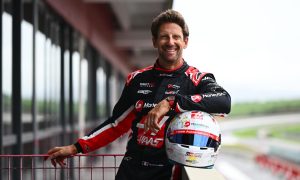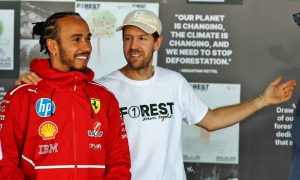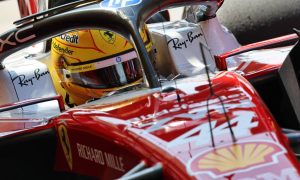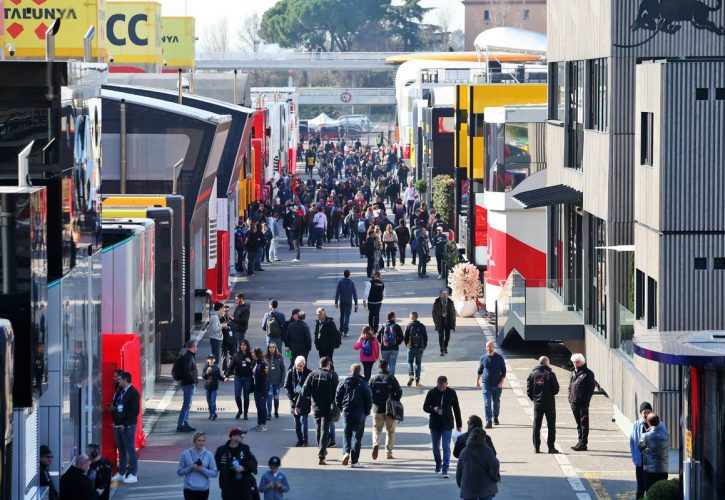
Racing Point team boss Otmar Szafnauer says advanced virus testing of members of the paddock will be a key requirement for starting the F1 season.
Formula 1 is planning to return to action in early July in Austria behind closed doors if current lockdown measures linked to the coronavirus continue to be eased across Europe and in the UK in the coming months.
Local health guidelines will likely be in force at each event, but Szafnauer says it's better to be safe than sorry, insisting F1 will also need to test its community ahead of its first race to minimize risks of contagion in the paddock.
"So we’re now looking at what it would take to do that (start in Austria) and I think one of the key elements of getting that done is testing everybody," Szafnauer told RACER.
"Yes, there will be no fans so there won’t be any virus transmission out in the grandstands, however we’ve got to make sure the same is true in the paddock.
"We’re going to have to work closely with each other, we’re going to limit the amount of people that we take – probably a maximum of 80 per team, so that would be maybe up to 1200 people in the paddock.
"But 1200 people in close proximity of each other, so we’ve got to have a good protocol as to how we go ahead and work and make sure that there is no transmission within the paddock."
"I think what we need to have is good information. The decisions we make are only as good as the information that we have to make that decision.
"For us to have good information, I think we need quick and accurate tests so that everybody can be tested before we go, people can be tested at the event and during the event.
"Then if we’re all happy that the 1000 people in the paddock don’t have the virus, then there can’t be any transmission."
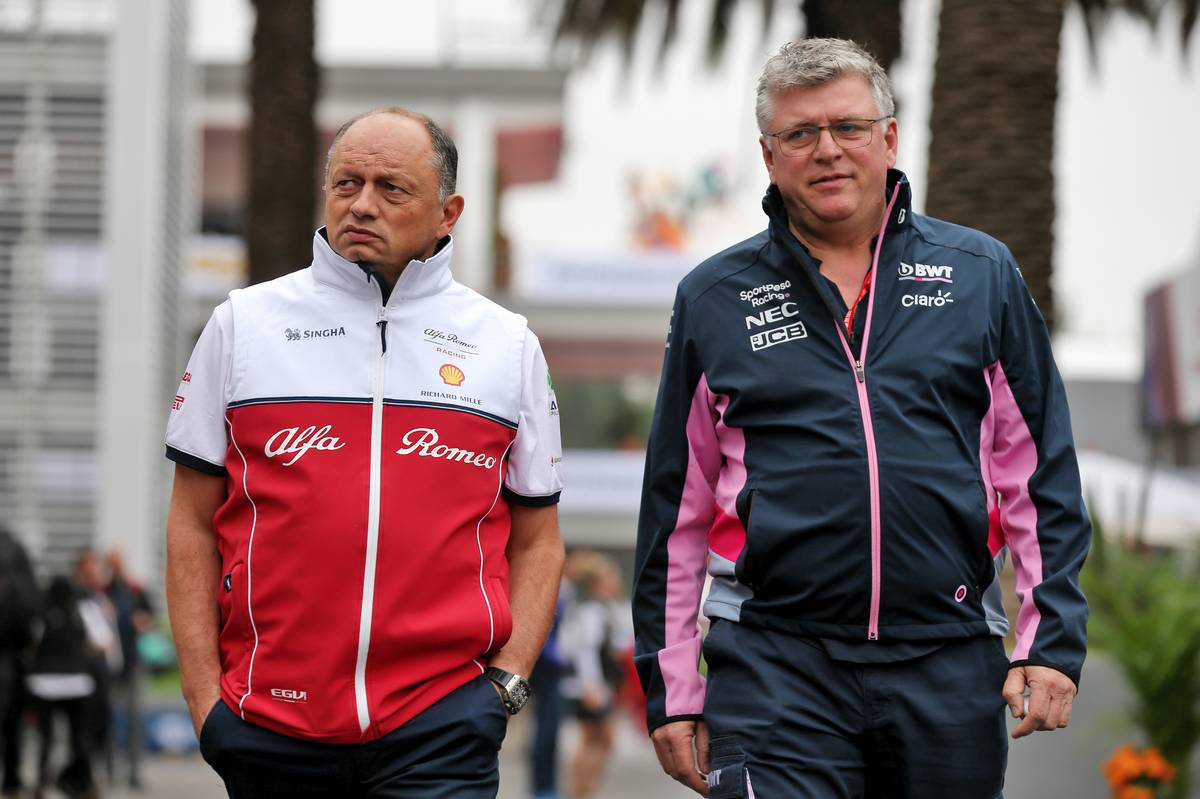
McLaren F1 boss Andreas Seidl echoed Szfanauer's call for advanced testing of the F1 community, insisting it should be a prerequisite for the sport's return to action.
But protective equipment should also be added to the mix says the German.
"I think it's important that you only go back to go racing once we also have certainty when it comes down to protective equipment and that the number of tests for people are all in place," Seidl told Autosport.
"And, [that they] are available to people that actually need it, and that we are not the ones burning these tests or these materials, just for going back racing.
"As always, the most important thing is to protect our people. Definitely we can't go back to racing until we definitely know that our people are safe.
"Then I think it will simply depend on the guidelines of our home countries, first of all, and then the travel guidelines.
"We need to see if that allows us to travel out and back into our home countries. We need to wait for the different countries to decide whether races should happen."
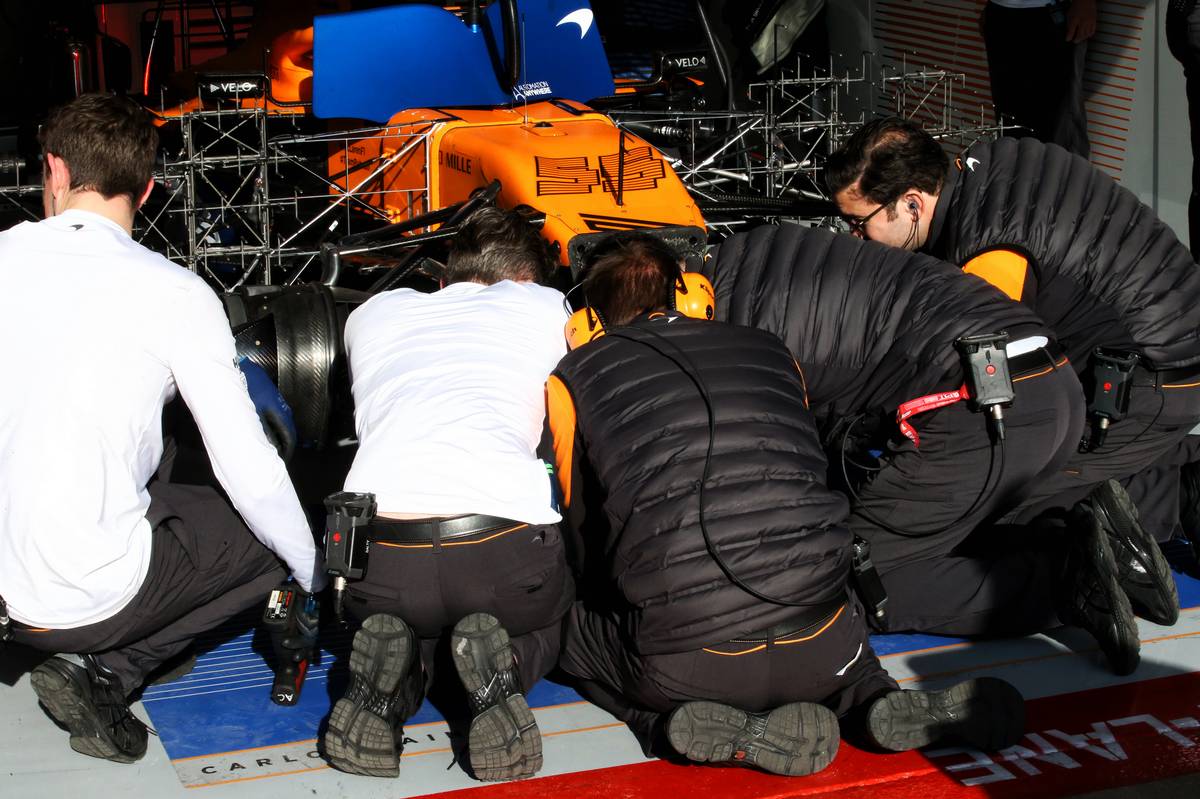
Szafnauer and Seidl both agree that if Formula 1 manages to put itself in the starting block as the first major public event to be held since the start of the coronavirus crisis, the impact on the sport could be significant.
"I think we’ve got to take baby steps before we can run, and it’s better to race than not," said Szafnauer.
"If we’re one of the only sporting events going, then I think the whole world will watch.
"To watch a live Formula 1 race now on TV on a Sunday when there’s nothing else on… I think everybody would watch."
"I think there's a big desire from people, from the public, from the fans, that especially in these lockdown situations we are all in at the moment, that sport events are happening again - even if it's just on TV," added the McLaren boss.
"But again, obviously, there's a lot of different aspects that need to be considered."
Gallery: The beautiful wives and girlfriends of F1 drivers
Keep up to date with all the F1 news via Facebook and Twitter




